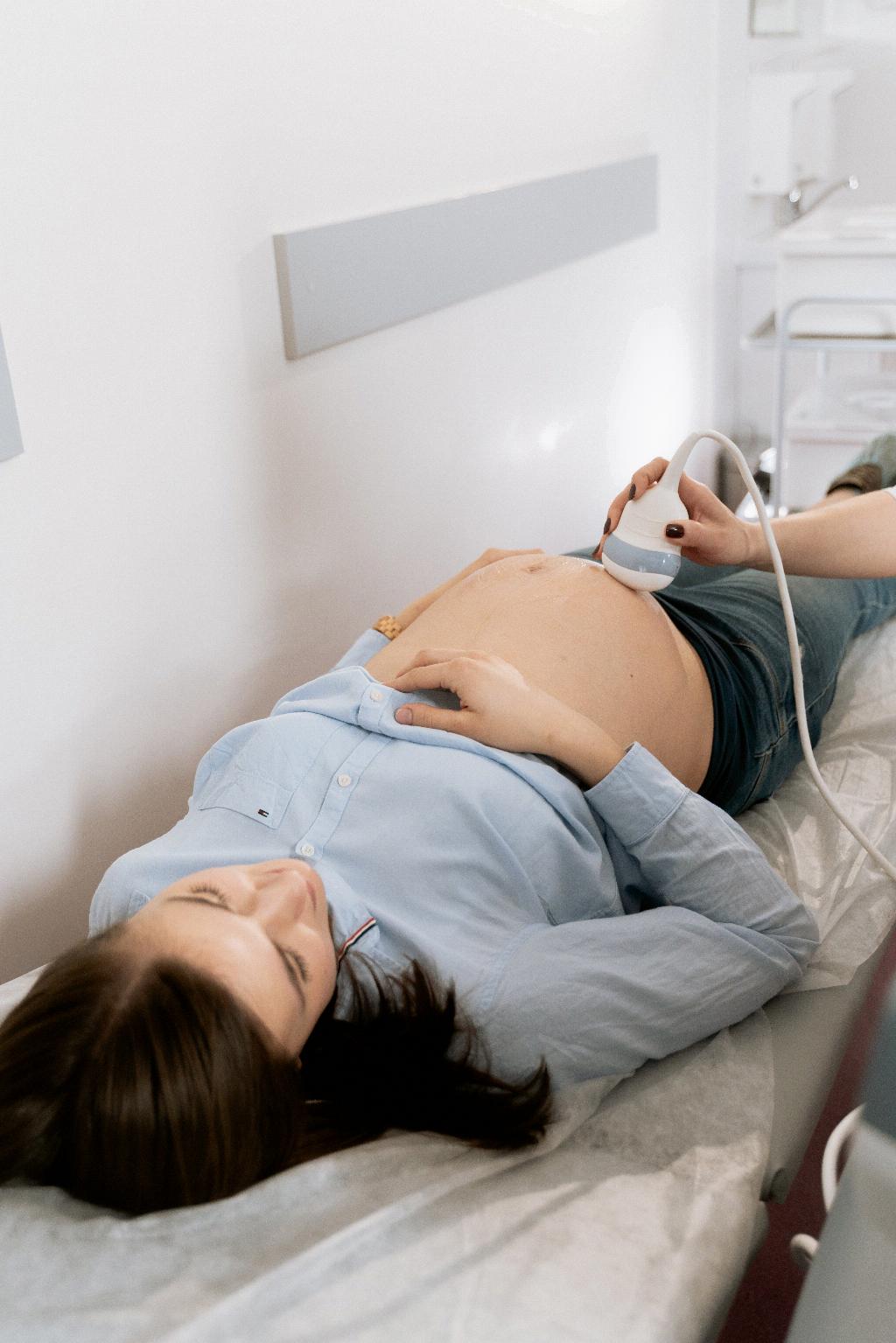When it comes to early pregnancy, many women experience a range of physical sensations as their bodies undergo significant changes to accommodate the growing fetus. One common sensation that can cause some confusion or concern is the pinching feeling that occurs in the lower abdomen. This sensation is known as round ligament pain and is a normal part of the pregnancy process.
Round ligament pain is caused by the stretching and shifting of the ligaments that support the uterus as it grows in size. These ligaments, known as the round ligaments, are located on either side of the uterus and must adapt to the increasing weight and size of the uterus throughout pregnancy. As a result, women may experience a sharp, stabbing pain that feels like a pinching sensation in the lower abdomen.
Typically, the pinching sensation associated with round ligament pain is felt on one or both sides of the uterus. It can occur suddenly and might catch you off guard, but it usually subsides after a few seconds. The pain may vary in intensity from mild discomfort to more severe sharpness, depending on individual factors such as the position of the uterus and the strength of the ligaments.
It is important to note that round ligament pain is considered a normal and common occurrence in pregnancy, particularly during the first and second trimesters as the uterus undergoes rapid changes. While the sensation can be uncomfortable, it is typically not a cause for concern and does not pose any risk to the pregnancy or the baby.
Women who experience round ligament pain may describe it as a sharp, shooting pain that feels like a sudden pinch or tug in the lower abdomen. This sensation is often more noticeable during movements that engage the abdominal muscles, such as coughing, sneezing, laughing, or changing positions quickly. The pain may also be exacerbated by activities that put strain on the ligaments, such as standing for long periods or sudden movements.
Factors such as the position of the uterus, the amount of amniotic fluid, and the overall health and flexibility of the ligaments can influence the frequency and intensity of round ligament pain. Some women may experience more frequent or intense episodes of pinching sensations, while others may have milder discomfort that is easily alleviated with rest and proper self-care.
It is essential for pregnant women experiencing round ligament pain to listen to their bodies and pay attention to any patterns or triggers that exacerbate the discomfort. Taking steps to reduce strain on the ligaments, such as practicing good posture, avoiding sudden movements, and using supportive pillows while sleeping, can help alleviate the pinching sensation.
If the pinching sensation in early pregnancy is accompanied by severe or persistent abdominal pain, vaginal bleeding, fever, chills, or other concerning symptoms, it is crucial to seek medical attention promptly. These symptoms could indicate more serious conditions such as an ectopic pregnancy, miscarriage, or other complications that require evaluation and treatment by a healthcare provider.
Overall, understanding the pinching sensation in early pregnancy as round ligament pain can help alleviate any anxiety or confusion that women may experience when they encounter this discomfort. By recognizing it as a normal part of the pregnancy process and taking proactive steps to care for oneself, women can navigate this aspect of pregnancy with confidence and peace of mind.
Remember, every pregnancy is unique, and it is normal to experience a range of physical sensations as the body adjusts to the miraculous journey of carrying a baby. While the pinching sensation in early pregnancy may be uncomfortable at times, it is a reassuring sign of the body’s remarkable ability to adapt and support the growth of new life.

